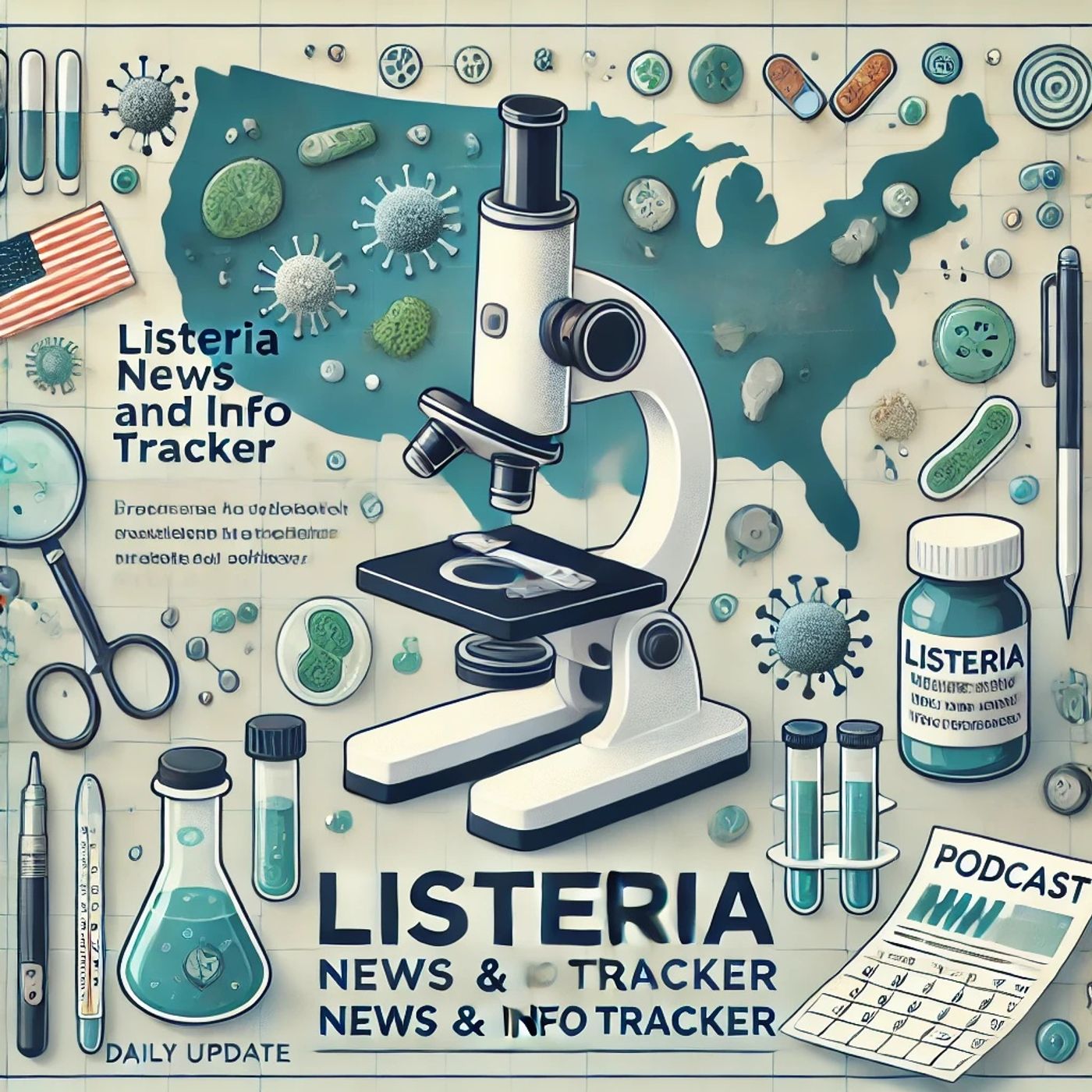Jan 25 2025 3 mins
In recent years, the food industry has been significantly impacted by Listeria outbreaks, with ice cream brands often finding themselves at the center of these concerns. One of the most notable instances involved Blue Bell Creameries, a renowned ice cream manufacturer based in Texas.
The issue came to the forefront when the Texas Department of State Health Services first detected Listeria monocytogenes in two of Blue Bell's ice cream samples. Listeria is a bacterium that can cause serious and sometimes fatal infections, particularly in young children, elderly individuals, and those with weakened immune systems.
The discovery prompted a series of investigations and led to major recalls within the industry. In Blue Bell's case, the contamination was traced back to a factory in Broken Arrow, Oklahoma. It prompted the company to recall millions of gallons of ice cream, marking one of the most significant recall events the industry has ever seen.
Listeria outbreaks have consistently posed a challenge to food safety protocols, highlighting vulnerabilities in the manufacturing and distribution processes. The Blue Bell incident remained present in the public's consciousness due to its severity and the well-established reputation of the brand. It also underscored the need for stricter safety measures and more rigorous testing regimes.
The effects of such outbreaks are not limited to just financial losses. Blue Bell, for instance, saw a temporary shutdown of its production facilities and had to undergo a comprehensive cleaning and sanitation process. Despite resuming operations with improved testing protocols, the brand faced a long road of rebuilding consumer trust.
Furthermore, Listeria outbreaks in ice cream and other dairy products have compelled both manufacturers and regulatory bodies to work towards more effective prevention strategies. These include enhanced surveillance systems, better facility inspections, and the adoption of advanced technology to detect potential contamination early.
Such events also propel significant discussions regarding consumer safety and the responsibilities of food producers. The challenges posed by Listeria not only demand immediate action during outbreaks but also require ongoing vigilance to prevent future incidents.
In conclusion, the Listeria outbreak that involved Blue Bell Creameries serves as a cautionary tale for the food industry, illustrating the far-reaching impacts of such bacterial contamination. It highlights the critical importance of food safety practices and the need for continuous improvements to protect public health.
The issue came to the forefront when the Texas Department of State Health Services first detected Listeria monocytogenes in two of Blue Bell's ice cream samples. Listeria is a bacterium that can cause serious and sometimes fatal infections, particularly in young children, elderly individuals, and those with weakened immune systems.
The discovery prompted a series of investigations and led to major recalls within the industry. In Blue Bell's case, the contamination was traced back to a factory in Broken Arrow, Oklahoma. It prompted the company to recall millions of gallons of ice cream, marking one of the most significant recall events the industry has ever seen.
Listeria outbreaks have consistently posed a challenge to food safety protocols, highlighting vulnerabilities in the manufacturing and distribution processes. The Blue Bell incident remained present in the public's consciousness due to its severity and the well-established reputation of the brand. It also underscored the need for stricter safety measures and more rigorous testing regimes.
The effects of such outbreaks are not limited to just financial losses. Blue Bell, for instance, saw a temporary shutdown of its production facilities and had to undergo a comprehensive cleaning and sanitation process. Despite resuming operations with improved testing protocols, the brand faced a long road of rebuilding consumer trust.
Furthermore, Listeria outbreaks in ice cream and other dairy products have compelled both manufacturers and regulatory bodies to work towards more effective prevention strategies. These include enhanced surveillance systems, better facility inspections, and the adoption of advanced technology to detect potential contamination early.
Such events also propel significant discussions regarding consumer safety and the responsibilities of food producers. The challenges posed by Listeria not only demand immediate action during outbreaks but also require ongoing vigilance to prevent future incidents.
In conclusion, the Listeria outbreak that involved Blue Bell Creameries serves as a cautionary tale for the food industry, illustrating the far-reaching impacts of such bacterial contamination. It highlights the critical importance of food safety practices and the need for continuous improvements to protect public health.
